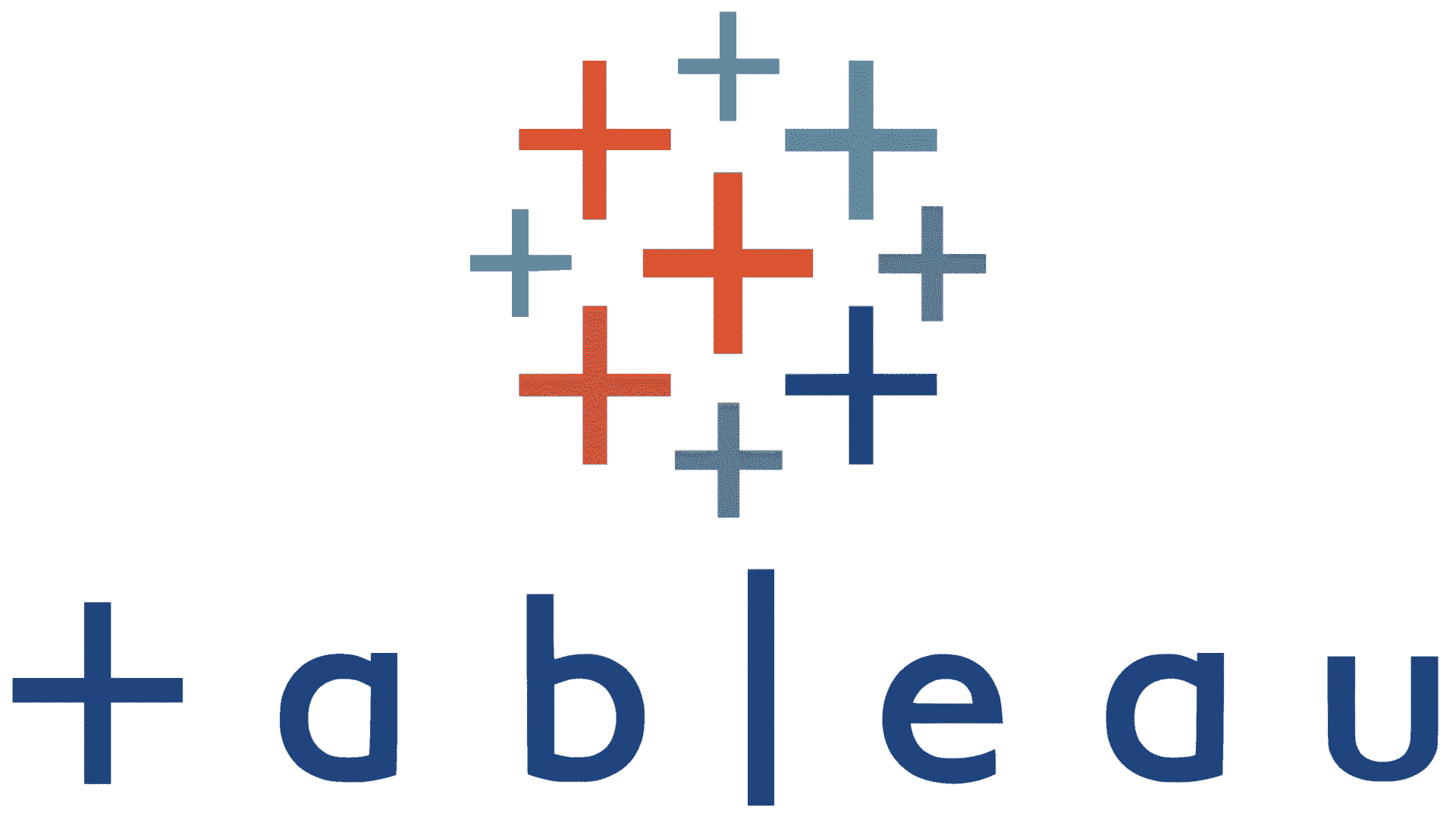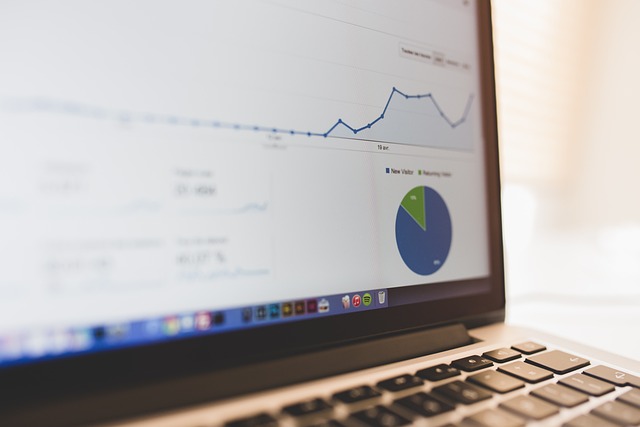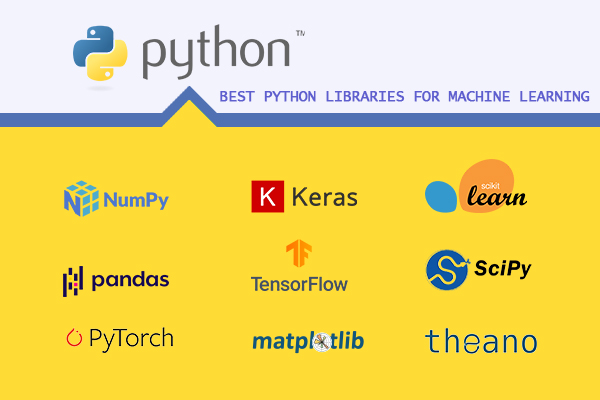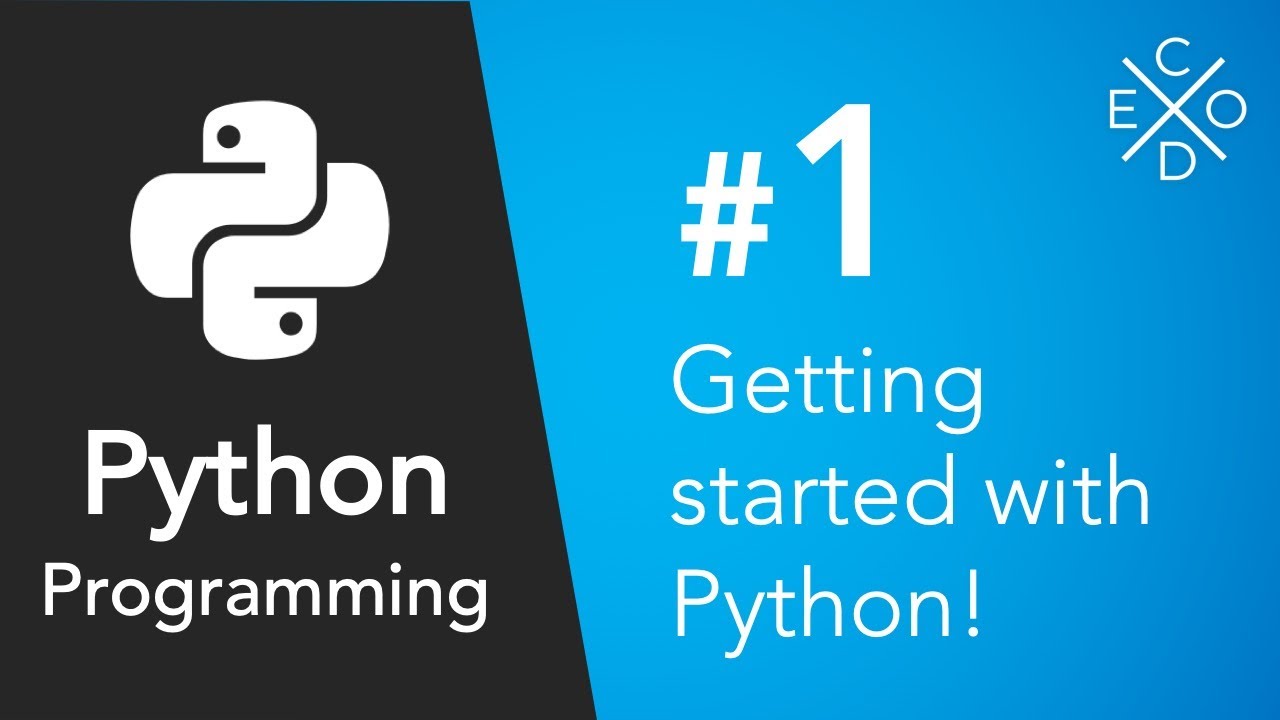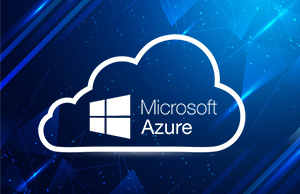Have you seen the Analytics created with Tableau?
If yes, then you must be familiar with the word Tableau and its ability to transform businesses.
The platform mainly focuses on creating visual Analytics to obtain greater insights into business intelligence. These factors play a great role nowadays and every business domain is greatly demanding it.
Tableau has maintained a winning streak for over eight years in the Business Intelligence and Analytics platforms.
Over the past few decades, the area of business intelligence, visualisation, and data Analytics has been growing at a snail’s pace. This is where Tableau stepped into the picture and changed the way businesses view big data.
If you’re excited about learning the benefits of Tableau and how it’s changing the face of organizations through data insights, then you must join a tableau training in Bangalore.
To further convince you about joining the course, here’s a little information on what Tableau is and the multitude of ways it is helping business organizations.
What Do You Understand by Tableau?
This is a type of business intelligence and Analytics platform that serves to help businesses to view and understand their generated data.
It was first introduced in the market in 2003 through a computer science project at Stanford. It was co-founded by Pat Hanrahan, Chris Stolte, and Christian Chabot.
Over its run in the market, Tableau has become the no.1 choice for modern businesses. From analyst to data scientist to business user, Tableau is designed to help users explore and oversee their data management.
In 2019, Salesforce acquired Tableau to further propel the mission of exploring and managing data generated by global businesses.
Tableau offers three fundamental elements:
- Tableau Desktop: This element connects to every source of data in the room to analyse key performance indicators, create intuitive dashboards, identify outliers, etc.
- Tableau Prep: This element is utilised to plan data sources and clean and combine them just like you do on Excel.
- Tableau Online or Tableau Server: These two elements have similar functionality and allow you to share your data reports, dashboards, and answers within the company and the clients. These two elements also enable users to set up authorisations regarding data viewership.
How Does Tableau Provide Data Visualization?
There are a plethora of tools in the market for data visualization but Tableau has become the fastest-growing one out of all of these. If you too want to pick up pace with the data visualization trend, then you must join a Tableau training in Bangalore and earn the title of a Tableau professional!
Let’s take a look at how Tableau can help your business to achieve excellent data insights!
1. Real-Time Analytics:
If you want to analyse your company’s data, then you must be able to access it anytime and anywhere. This is where Tableau steps in. It empowers decision-making for both experienced data analysts and fresh graduates by making it easy to explore and visualise data.
The software automatically updates your data at regular set intervals or at your chosen time and also allows you to ask any questions related to your data.
2. Integrated Dashboard
The Tableau software offers a drag-and-drop dashboard feature along with natural language querying and drill-down capability. Analysts of all data literacy levels can use Tableau to analyse data and create visualisations. The best part is that all of this can be done without hampering the data quality.
With Tableau, a seasoned data analyst can answer even the most complex data questions and then generate detailed visualizations. Whereas a novice user can quickly refer to the dashboard to find what they’re looking for.
3. Connect to Multiple Data Sources
Analysts across the globe love to work with Tableau because it offers a culmination of a variety of data at a single place. Its data connector feature allows you to integrate the software with other existing data technology and explore a wide range of data sources. Doesn’t matter whether your data is stored on premise or on the cloud, with Tableau you can connect with your data anywhere.
4. Role-Based Permissions
Don’t know how to democratise your company data? If yes, then don’t worry because Tableau has you covered! The software enables users to provide data access to client and company members based on their role.
You get to decide who has access to which data row and who can or cannot make changes to the workbook. Tableau provides you the utmost control to define your data security and prevent unnecessary interventions and data alterations.
5. Easy Collaboration
When you provide your company employees with access to your company’s data, you empower them to share their data insights. With relevant data insights from your team members, you will not have to waste any time in creating and disseminating project reports. Tableau makes collaborative research and work effortless by enabling discussions within teams.
6. Mobile Accessibility
Tableau ensures that you stay connected to your team no matter where you go and the ultimate way to do this is through mobile connectivity.
Due to this feature, your team will be able to access data through their Tableau dashboard from even the most remote locations on the globe. If you’re on a zoom call and want to refer to data visualizations your team has created, then you can simply open the app and take the discussion forward.
7. Natural Language Querying
The best part about Tableau is that you don’t need to be a data analyst or scientist to make full use of it and this feature is the central facet of Tableau. The software provides you the feature of natural language querying through Ask Data.
Since not every company employee knows how to raise a query, Tableau’s Ask Data feature provides rewards to any employee who asks questions and hence, obliterates the need of learning a programming language.
Conclusion
If you too want to adopt data-driven practices in your company and foster Tableau adoption, then it is ideal for you to join Tableau training in Bangalore!
The training will expose you to a thriving Tableau community that will provide you with an ample number of opportunities to widen your career horizons.
by Harshit Saxena

